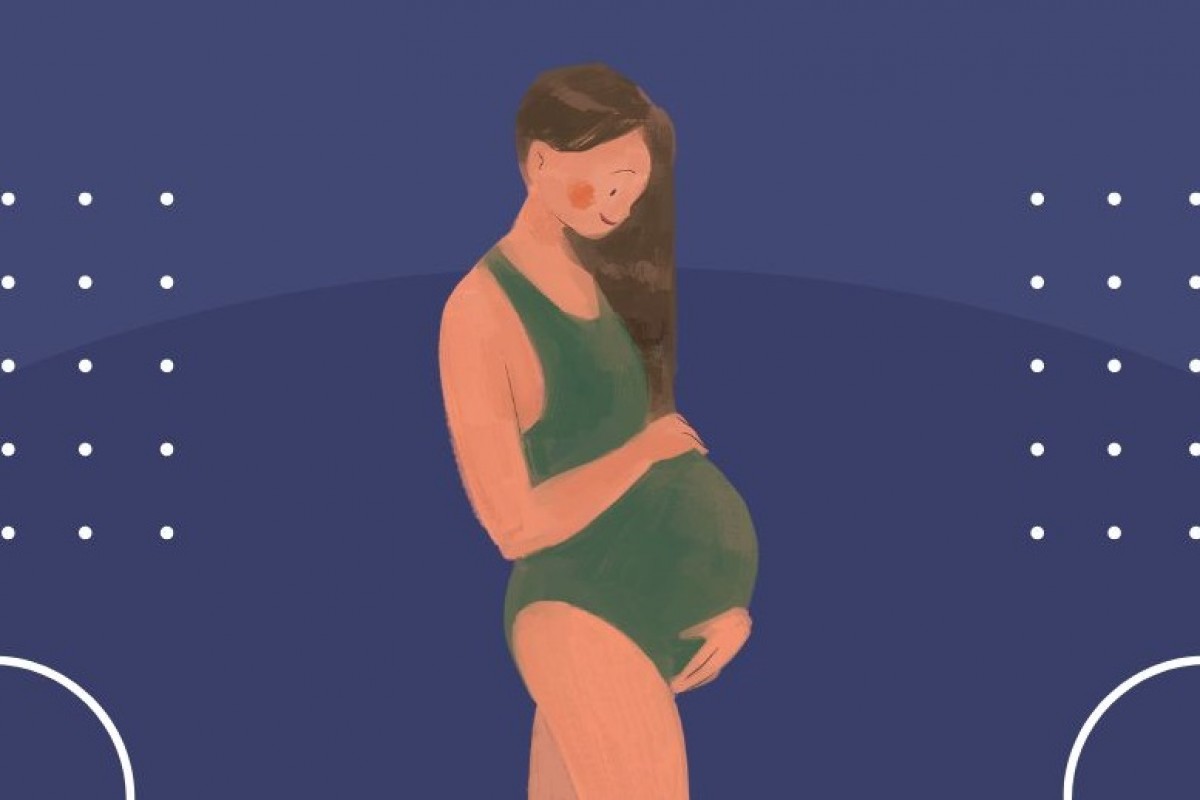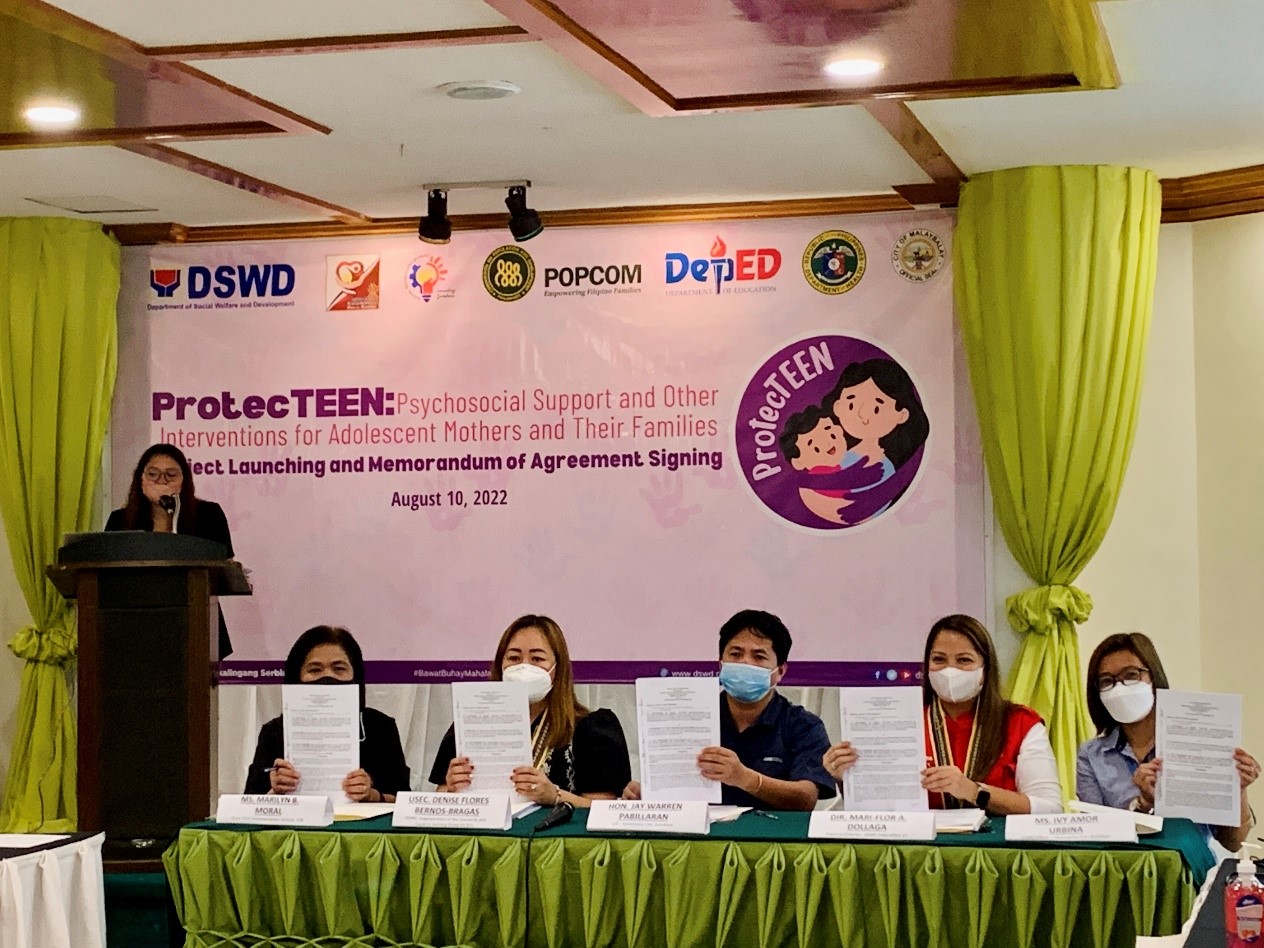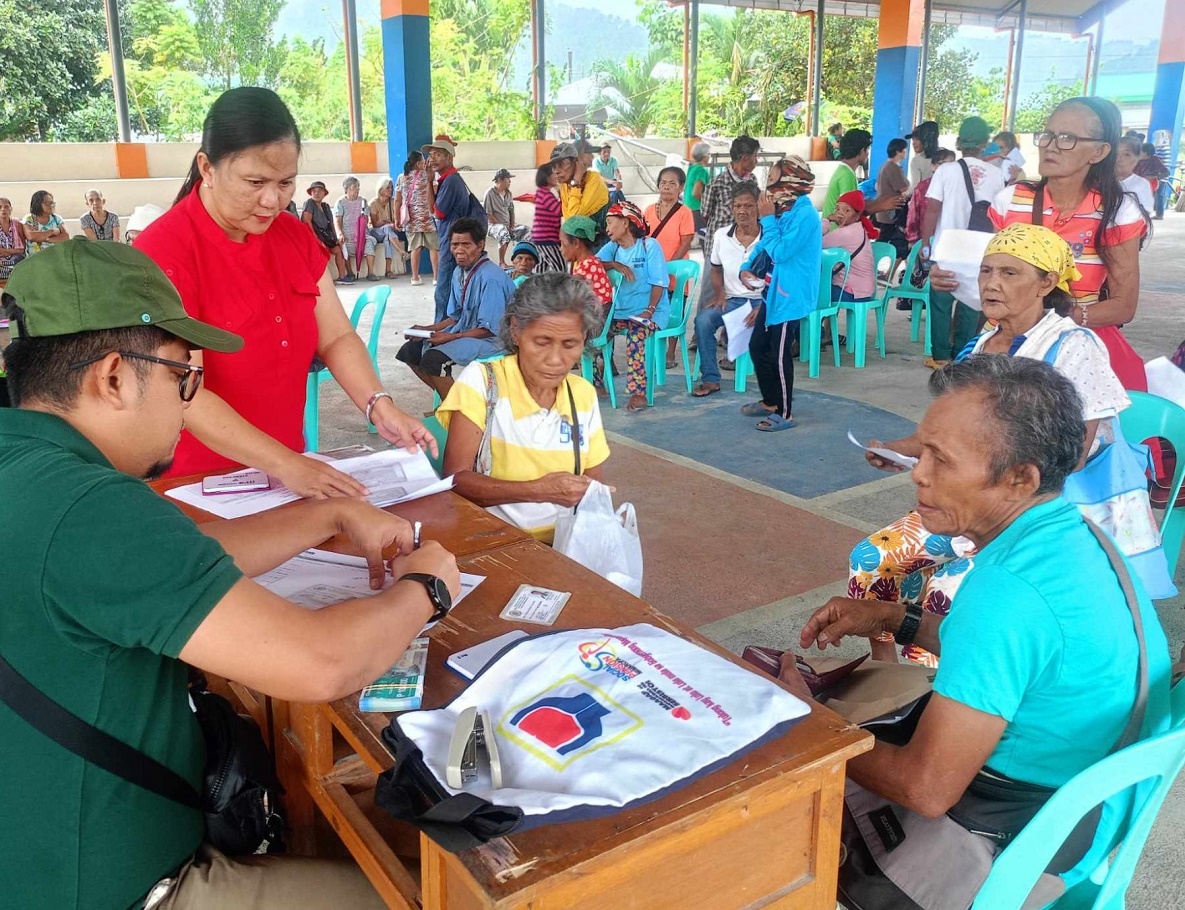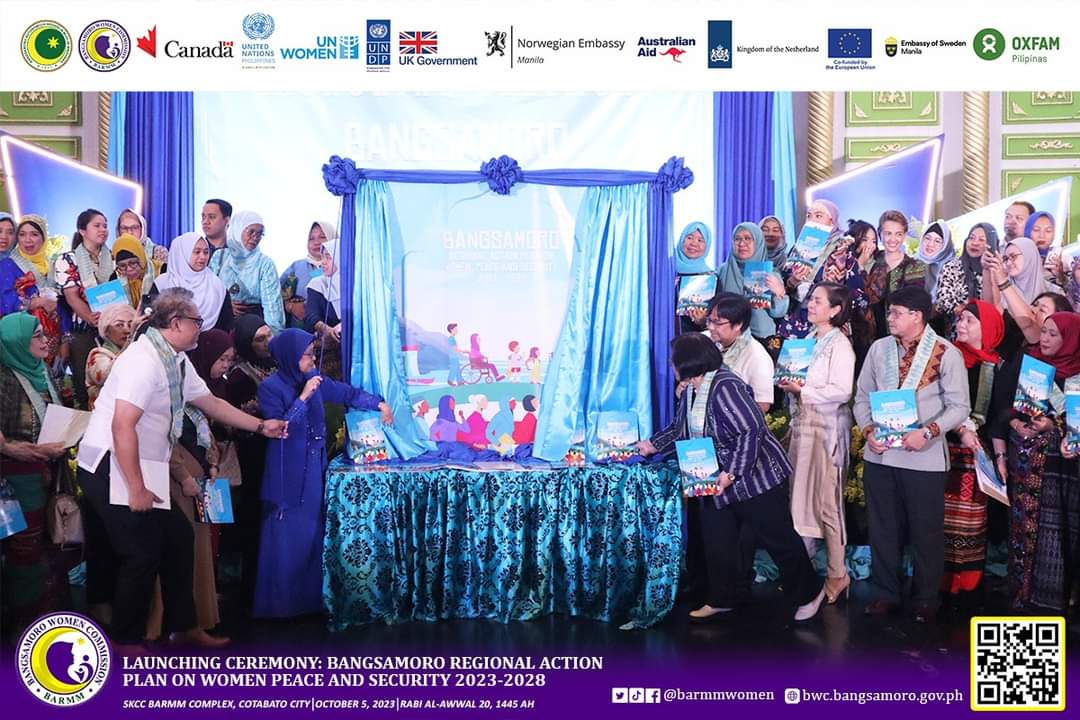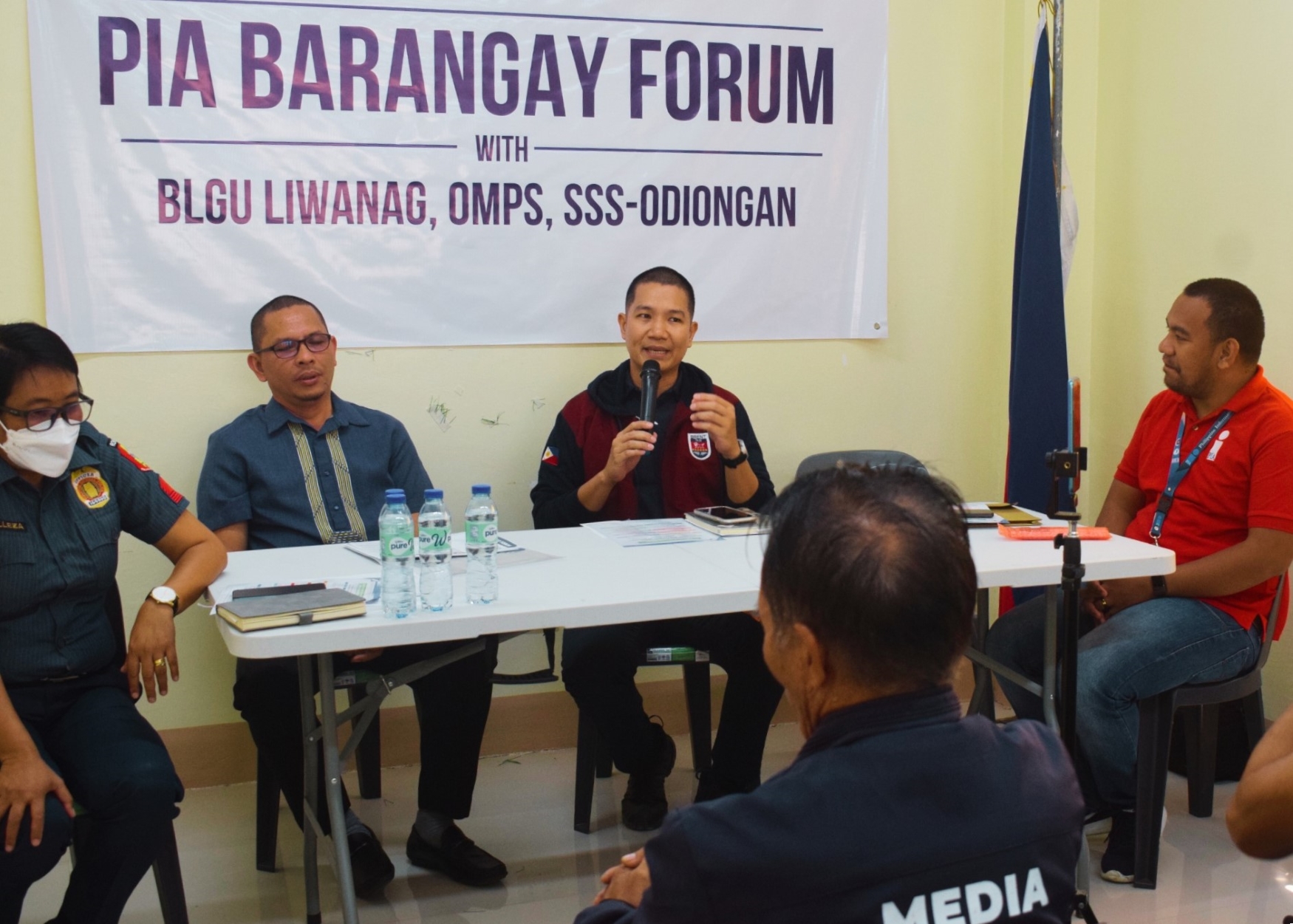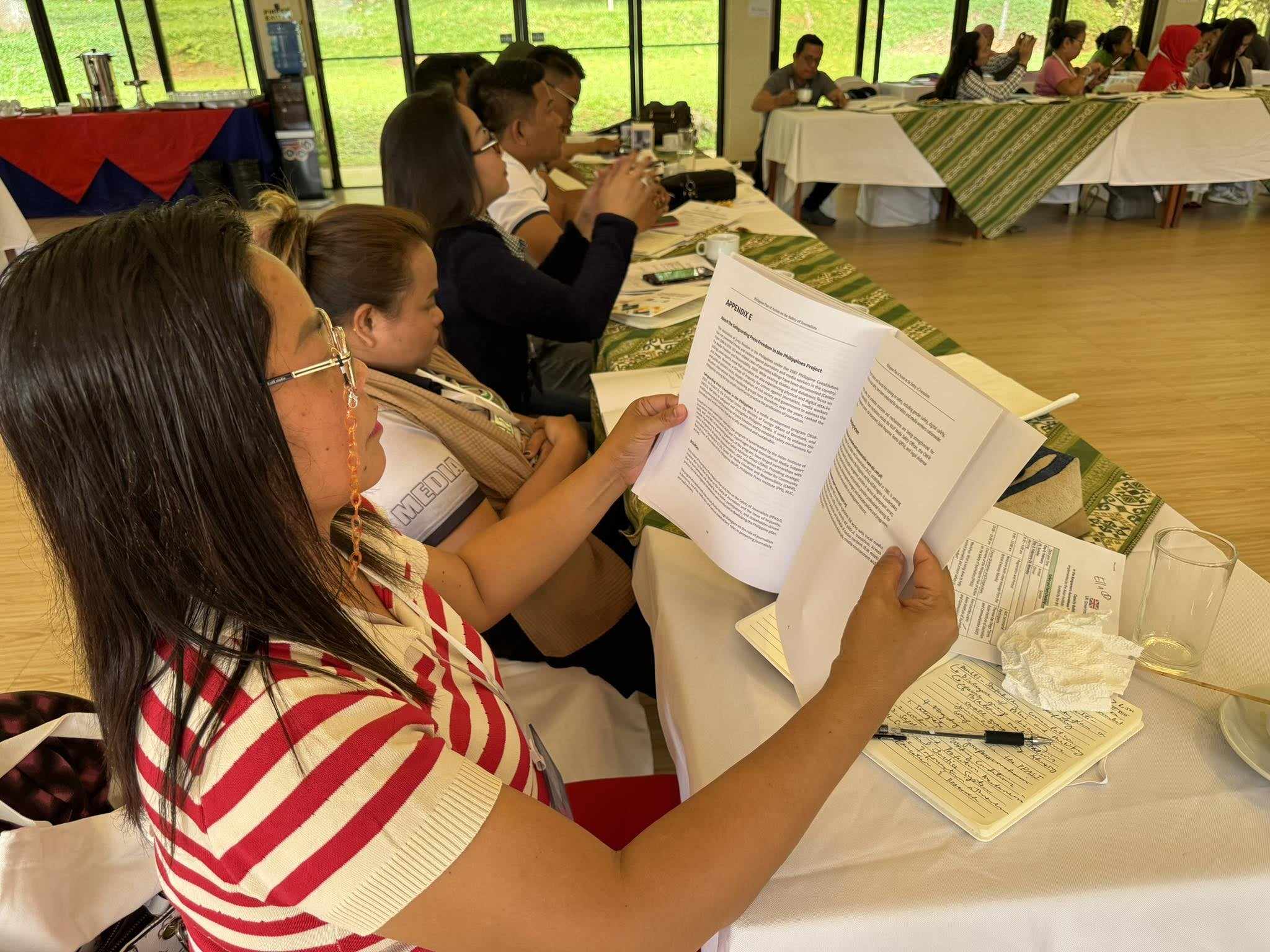MANDALUYONG CITY -- Despite the significant dwindling of pregnancy cases during the pandemic, the Commission on Population and Development (POPCOM) pushes for closer monitoring and continuous vigilance among stakeholders, as it noted that the trend was recorded during “extraordinary circumstances.”
The agency made this multisectoral call after the University of the Philippines Population Institute (UPPI) released the results on the 2021 Young Adult Fertility and Sexuality Study (YAFS5)—recognized as the most comprehensive study and source of information not only on the sexual and fertility status and behaviors of young people, but also on their critical health and socioeconomic conditions. The study revealed that the proportion of young women 15- to 19-years old who have begun childbearing sharply declined from 13.7% in 2013 to 6.8% in 2021.
For POPCOM, the drop could be partly attributed to the sustained campaign of the national government, in collaboration with civil society organizations and development partners to reduce and prevent incidences of adolescent pregnancies.
“The notable decline in the proportion of young women who have started childbearing can be considered a result of the continuing and collective advocacies, as well as initiatives, of all stakeholders from the national down to the local levels,” POPCOM Officer in Charge-Executive Director (OIC-ED) Lolito R. Tacardon mentioned. “While the study was conducted during the pandemic, the reduction in teenage pregnancy numbers implies that young people can make informed and responsible decisions about their sexuality, given an enabling environment.”
‘Heightened vigilance.’ Tacardon agrees with the YAFS5 findings that the decline in teenage pregnancies can be partially attributed to the decrease in premarital sex engagement, as well as improved use of contraceptives. Nonetheless, the POPCOM OIC-ED surmised that “the Covid-19 health crisis presented extraordinary circumstances, when young people were forced to spend months indoors, with their movements curtailed by government-imposed lockdowns that limited their interactions with peers and partners.”
It is also worth considering, according to the POPCOM official, that despite the significant slide in teen pregnancy and childbearing figures across the Philippines, more than half of the regions posted higher rates than the national average. The Davao and Bangsamoro Regions, for instance, listed 13.6% and 10%, respectively. Further, among those who had ever been pregnant in Eastern Visayas, about half were currently expecting during the time of the survey.
Moreover, he called for heightened vigilance in view of the increasing cases of live births among very young adolescents, or VYAs, not covered by YAFS5: “The latest data by the Civil Registry and Vital Statistics, or CRVS, registered a high number of live births among minors, most specifically among 10- to 14-years old. Their condition still requires collective attention from concerned authorities, especially national agencies and local government units, which can influence and reverse the alarming statistics.”
The interim POPCOM chief also asked for sustained and intensified monitoring among stakeholders, as face-to-face classes resume steadily nationwide. These, he said, will re-facilitate young peoples’ movements and more physical interactions, thus leading to increased chances of intimate encounters: “As they gradually return to their normal activities, we should not let our guards down. It should give us more resolve to strengthen and sustain our efforts in providing age-appropriate comprehensive sexuality education and information, as well as access to reproductive health services among adolescents, which we deem will sustain, or further accelerate, the decline in adolescent pregnancy percentages.”
He is likewise concerned about the UPPI’s findings that the country’s youth are in their “worse mental shape today,” as it found out that the rate of those who often felt depressive symptoms during the reference week “substantially increased from 2013 to 2021:” “The growing suicidal tendencies among young people should not be taken for granted, as this is a serious threat to their wellbeing. Such calls for more concrete interventions on mental health and psychological development, both in schools and communities.”
‘Whole-of-nation.’ Tacardon prodded related sectors to intensify their level of monitoring and actions to keep the causes of pregnancies among teenagers in check. He then called for institutions and stakeholders to boost collective efforts under Executive Order No. 141, s. 2021 in addressing the root-causes of adolescent pregnancies via a whole-of-nation approach.
The POPCOM official made an appeal to Filipinos to do their share in helping curb incidences of early pregnancies, reminding of the concern being a national priority: “Let’s do our share in protecting and defending our young citizens against the threats of early childbearing, because we need to see them realize their aspirations and potentials.” (POPCOM)
